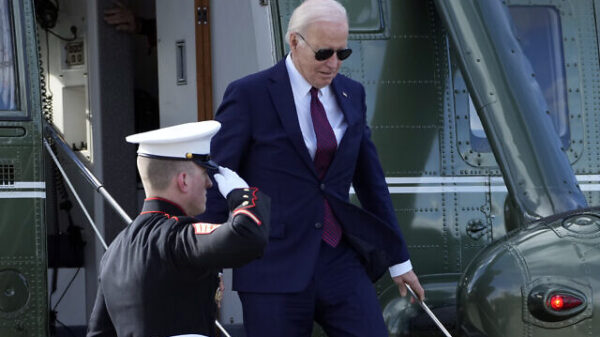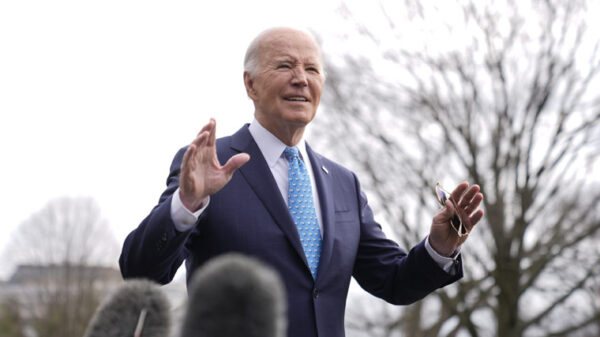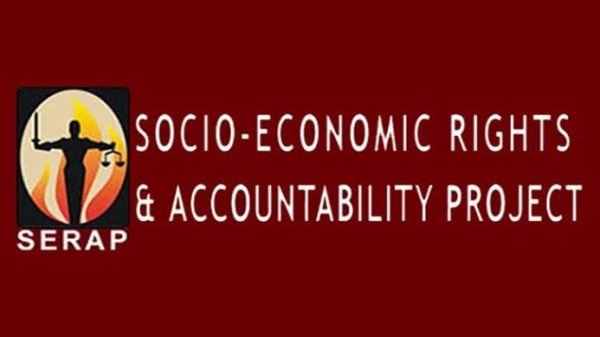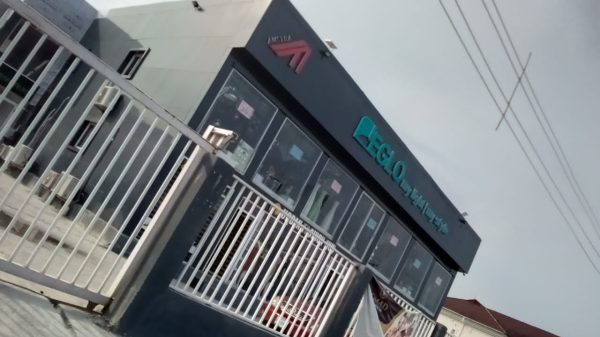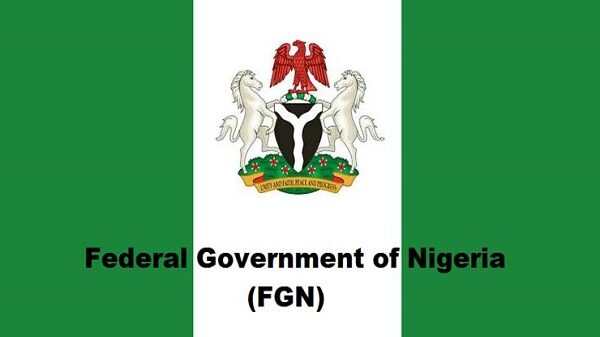
Diesel Prices Surge Across Nigerian States: Economic Implications Explored
In recent data released, diesel prices across various states in Nigeria have showcased significant changes, marking potential challenges for several sectors.
Kogi has seen a steady increase in diesel prices, currently standing at an average of ₦904.29 in August 2023, compared to ₦856.00 in July 2023 and ₦804.55 in August 2022.
Enugu, on the other hand, presented moderate fluctuations in diesel prices with averages of ₦910.21, ₦872.73, and ₦780.34 for August 2023, July 2023, and August 2022, respectively.
In Taraba, diesel prices have jumped significantly from ₦766.67 in August 2022 to ₦941.67 in August 2023.
Abuja records a surge as it holds the eighth position with an August 2023 average of ₦950.22, compared to ₦872.50 in July 2023 and ₦845.00 in August 2022.
Niger showcases the most substantial year-on-year increase in diesel prices, ranking ninth with an August 2023 average of ₦960.14.
Lastly, Abia tops the list, recording the highest diesel prices in Nigeria at ₦970.00 for August 2023, an increase from ₦890.63 in July 2023 and ₦785.33 in August 2022.
The Broader Economic Picture
The trends in diesel prices carry significant implications for the Nigerian economy:
- Operating Costs: Industries, especially those reliant on diesel generators like manufacturing units and data centers, feel the pinch of rising diesel costs. Such an upsurge can impact operational expenses, potentially affecting profit margins or necessitating price hikes for consumers.
- Transportation: The transportation domain, notably trucking and logistics, is heavily diesel-dependent. An increase in diesel prices can cascade into higher shipping costs, in turn affecting product and service pricing.
- Agriculture: The farming sector utilizes diesel for machinery, irrigation, and storage. A rise in diesel prices can elevate production costs, potentially causing an uptick in food prices.
- Economic Planning: Monitoring diesel price trends is crucial for governmental and financial entities. It aids in economic planning, policy formation, and can indicate potential inflationary pressures that could influence interest rate decisions. Experts anticipate the inflation rate may continue its upward trend for the remainder of the year.
- Investment Decisions: Businesses, especially those mulling over expansion or fresh ventures, factor in diesel prices when planning. High or fluctuating diesel prices might discourage investments in sectors heavily dependent on diesel.
With diesel prices playing such a pivotal role in the economic dynamics of Nigeria, stakeholders across sectors will be keenly watching the trends and adjusting their strategies accordingly.










